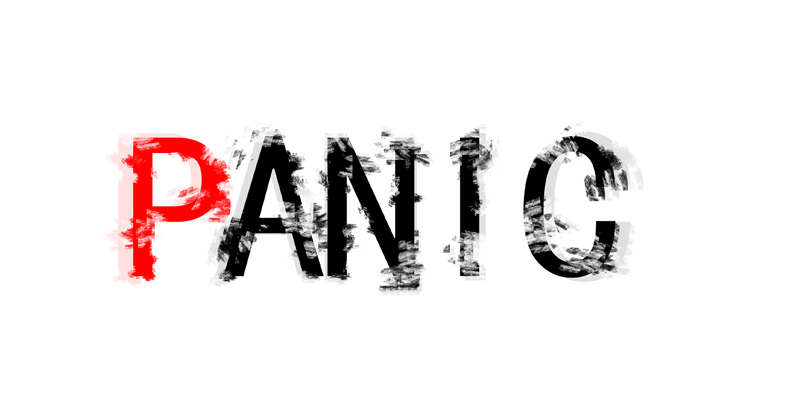1.3 Experience of panic disorder
So far you have learned about how mental health professionals define panic attacks and panic disorder. However, does the view taken by professionals match the views of those who receive a diagnosis of panic disorder? What is it actually like to have panic disorder? These are questions you will explore in the following activity.
Activity 3 What is it like to have panic disorder?
In the following audio you will hear as a panic expert, Psychologist Roger Baker, talks to three people who have struggled with panic attacks over the years. For all three, their experience of panic attacks has seriously blighted their life and, as such, they could be regarded as having panic disorder. Natalie is a retired teacher who is training to be a counsellor. Tim is a manager in a mental health facility and Alan is a trained chef who is currently not working. Although they are very different as individuals, the audio clearly reveals how seriously panic can affect anyone’s life. Listen to the following audio and then answer the question below.
Transcript: Audio 1 The experience of panic
What do Tim, Natalie and Alan say about their experience of panic attack?
Discussion
Tim, Natalie and Alan talk about physical sensations, like feeling that your heart is racing, or feeling physically sick. They also talk about the negative feelings (tearfulness) and thoughts (‘I am going mad’, I am a failure’) that come up when they have a panic attack.
Now listen to the next two short audio clips, with Tim talking about his first ever panic attack and Natalie talking about a panic attack she had in a department store.
Transcript: Audio 2 Tim’s first panic attack
Transcript: Audio 3 Natalie’s panic attack
Tim and Natalie provide of their experience of panic attacks. What for you stands out most?
Discussion
Different people will notice different things in Tim and Natalie’s response but one thing that may stand out is how overwhelming the experience of a panic attack is – intense, impossible to stop once it gets going and exhausting afterwards.
